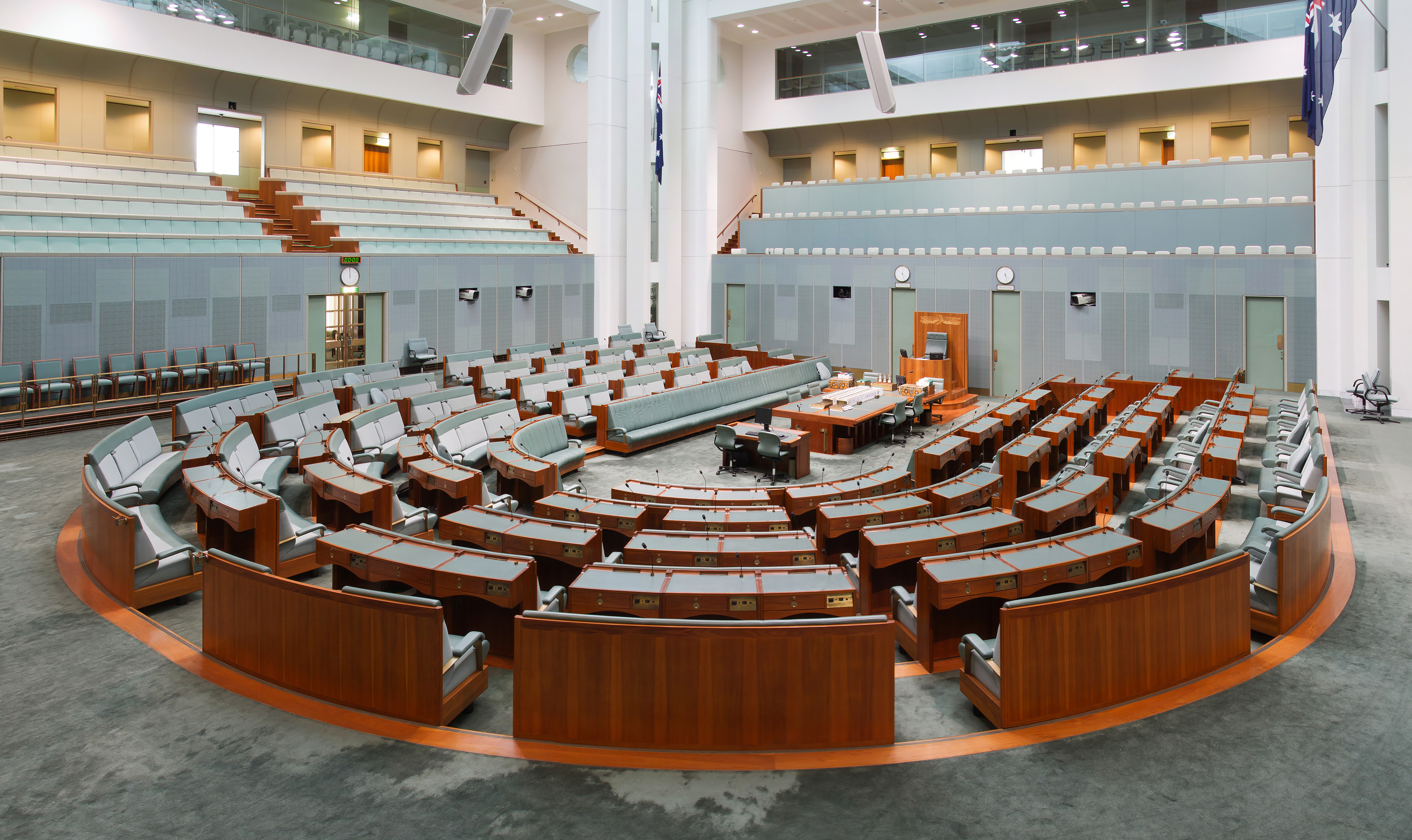lower house on:
[Wikipedia]
[Google]
[Amazon]
A lower house is one of two chambers of a bicameral

 Many lower houses are named in manners such as these:
* Chamber of Deputies
* Chamber of Representatives
* House of Assembly
* House of Representatives
* House of Commons
* Lok Sabha of India
* House of Delegates
* Legislative Assembly
* National Assembly
Many lower houses are named in manners such as these:
* Chamber of Deputies
* Chamber of Representatives
* House of Assembly
* House of Representatives
* House of Commons
* Lok Sabha of India
* House of Delegates
* Legislative Assembly
* National Assembly
legislature
A legislature is an deliberative assembly, assembly with the authority to make laws for a Polity, political entity such as a Sovereign state, country or city. They are often contrasted with the Executive (government), executive and Judiciary, ...
, the other chamber being the upper house
An upper house is one of two chambers of a bicameral legislature, the other chamber being the lower house.''Bicameralism'' (1997) by George Tsebelis The house formally designated as the upper house is usually smaller and often has more restric ...
. Despite its official position "below" the upper house, in many legislatures worldwide, the lower house has come to wield more power or otherwise exert significant political influence. The lower house, typically, is the larger of the two chambers, meaning its members are more numerous.
Common attributes
In comparison with the upper house, lower houses frequently display certain characteristics (though they vary per jurisdiction). ;Powers: * In aparliamentary system
A parliamentary system, or parliamentarian democracy, is a system of democratic governance
Governance is the process of interactions through the laws, norms, power or language of an organized society over a social system ( family, t ...
, the lower house:
**In the modern era, has much more power, usually based on restrictions against the upper house.
**Is able to override the upper house in some ways.
**Can vote a motion of no confidence
A motion of no confidence, also variously called a vote of no confidence, no-confidence motion, motion of confidence, or vote of confidence, is a statement or vote about whether a person in a position of responsibility like in government or mana ...
against the government
A government is the system or group of people governing an organized community, generally a state.
In the case of its broad associative definition, government normally consists of legislature, executive, and judiciary. Government ...
, as well as vote for or against any proposed candidate for head of government at the beginning of the parliamentary term.
**Exceptions are Australia, where the Senate has considerable power approximate to that of the House of Representatives, and Italy
Italy ( it, Italia ), officially the Italian Republic, ) or the Republic of Italy, is a country in Southern Europe. It is located in the middle of the Mediterranean Sea, and its territory largely coincides with the homonymous geographical ...
and Romania
Romania ( ; ro, România ) is a country located at the crossroads of Central, Eastern, and Southeastern Europe. It borders Bulgaria to the south, Ukraine to the north, Hungary to the west, Serbia to the southwest, Moldova to the east, a ...
, where the Senate has exactly the same powers as the Chamber of Deputies.
* In a presidential system
A presidential system, or single executive system, is a form of government in which a head of government, typically with the title of president, leads an executive branch that is separate from the legislative branch in systems that use separat ...
, the lower house:
** Debatably somewhat less, the lower house also has exclusive powers in some areas.
** Has the sole power to impeach the executive (the upper house then tries the impeachment
Impeachment is the process by which a legislative body or other legally constituted tribunal initiates charges against a public official for misconduct. It may be understood as a unique process involving both political and legal elements.
In ...
).
** Typically initiates appropriation/supply-related legislation.
;Status of lower house:
* Always elected directly, while the upper house may be elected directly, indirectly, or not elected at all.
* Its members may be elected with a different voting system to the upper house.
* Most populated administrative division
Administrative division, administrative unit,Article 3(1). country subdivision, administrative region, subnational entity, constituent state, as well as many similar terms, are generic names for geographical areas into which a particular, ind ...
s are better represented than in the upper house; representation is usually proportional to population.
* Elected more frequently.
* Elected all at once, not by staggered terms.
* In a parliamentary system, can be dissolved by the executive.
* More members.
* Has total or initial control over budget, supply, and monetary laws.
* Lower age of candidacy than the upper house.
The government of the day is usually required to present its budget to the lower house, which must approve the budget. It is a widespread practice for revenue (appropriation) bills to originate in the lower house. A notable exception to this is the West Virginia House of Delegates, which allows revenue bills to originate from either house.
Titles of lower houses

 Many lower houses are named in manners such as these:
* Chamber of Deputies
* Chamber of Representatives
* House of Assembly
* House of Representatives
* House of Commons
* Lok Sabha of India
* House of Delegates
* Legislative Assembly
* National Assembly
Many lower houses are named in manners such as these:
* Chamber of Deputies
* Chamber of Representatives
* House of Assembly
* House of Representatives
* House of Commons
* Lok Sabha of India
* House of Delegates
* Legislative Assembly
* National Assembly
See also
* Representative democracyReferences
{{Subject bar, portal1=Law, portal2=Politics, commons=yes, commons-search=Lower houses, wikt=yes, d=yes, d-search=Q375928 Legislatures